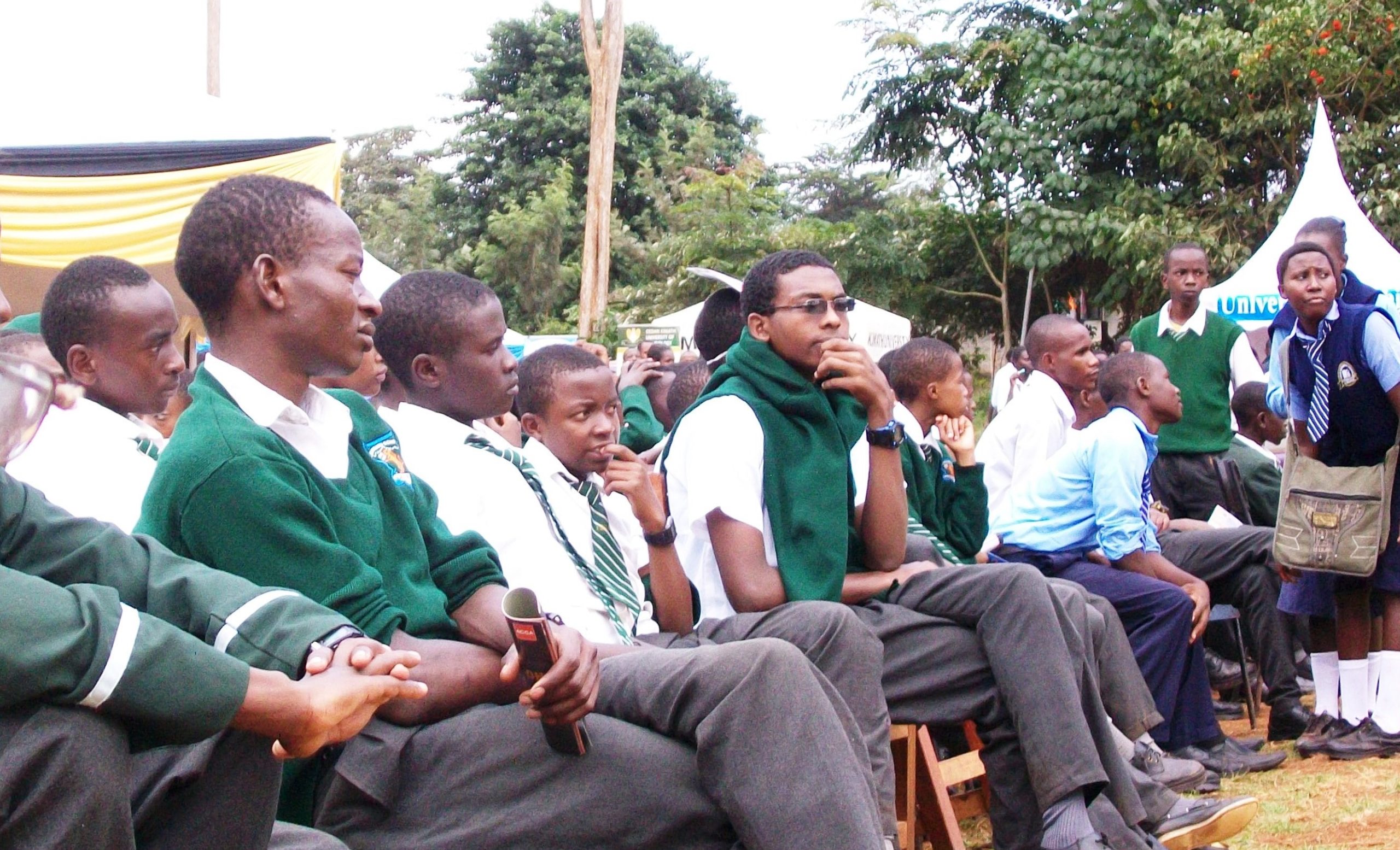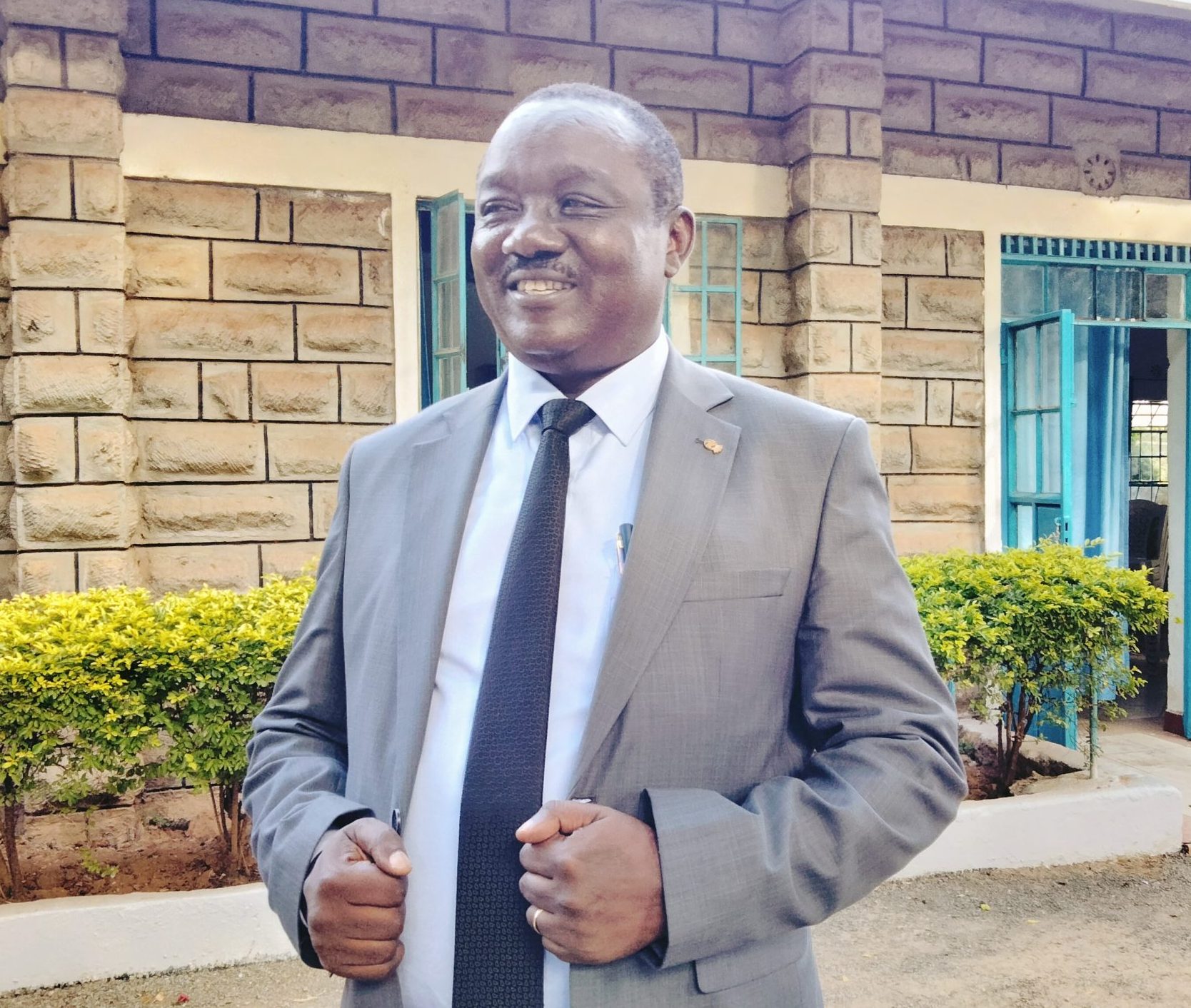Cases of indiscipline among students in various secondary schools in Embu County have been on the rise at times attracting some of the most ruthless disciplinary measures from teachers.
The cases of indiscipline have in some instances caused injury to students, teachers, school staff and members of public especially when riots spill out into the public scene.
Property worth thousands of shillings has in the past been destroyed in the County with incidents of arson and damage of property reported. Rehabilitation costs are however sadly assigned to parents with children in such schools.
Stakeholders have reported that parents and guardians are left to silently foot the cost of losses after school Board of Management (BoMs) decide on what is to be replaced and funds required for repairs.
While some damages are overwhelming, attracting the intervention of the government and well-wishers, students also suffer injury and loss of personal and sentimental items, but eventually parents are hit with huge rehabilitation bills.
“The parents and guardians are the ones quietly left to suffer the consequences meeting the cost of losses by students mostly their children condemned of participating in destruction of the properties,” said a parent, Agrippina Machila.
Although, the new constitutional dispensation brought in the Children’s Education Act 2013 and the bill of rights which outlawed corporal punishment as a method of managing discipline in schools, incidents of corporal punishment are sparingly reported.
With limited external intervention, researchers have expressed worries over the fact that it is parents and guardians who are left to quietly suffer in the hands of sometimes overzealous school administrations who put a cost on everything at the school with students being forced to pay even for some of the most insignificant damages.
Mr. Boniface Musembi, a researcher from the School of Business at Kenyatta University, went out to find out whether government training of school principals and managers on skills to oversee discipline actually aided in improvement of discipline of students in secondary schools in Embu County.
The researcher suggested that the government needed to plan for education of teachers in order to ensure they acquired knowledge of the most effective discipline strategies to employ at school.
School BoMs, the scholar suggested, should allow principals and deputy principals to deal with indiscipline cases in their institutions by use of prevention methods with some independence.
“Preventative methods have been known to be effective in maintenance of discipline and resolving related issues in secondary schools in Kenya,” said Mr. Musembi adding that such measures like corporal punishment or expulsion were a bit ruthless apart from being unlawful.
The principals and deputy principals in schools covered by the study showed that the management teams had adequate knowledge of all discipline strategies.
Such discipline strategies, it was ascertained, remained “effective and led to higher level of discipline when employed at various levels and institutions”.
Amid the ups and down afflicting schools, all has not been taken for granted because since 2013, the government has overseen a program through which school managements led by principals and their deputies undergo a vigorous training on alternative methods of managing discipline in schools.
That has been through written packages as well as workshops and conferences with campaigns being made to ensure resource persons are availed for the school managements to get the best mastery of the alternative discipline management methods.
“These alternative discipline strategies are interventionist, preventive and post-preventive strategies,” indicates the researcher, adding that under these, experts also cover debriefing, building bridges, out and in school suspensions and planning return of any students suspended from school.
The researcher suggested that although these strategies were effective, there were others also which could be employed and led to positive effects on the level of discipline of students in secondary schools and which should be devised and agreed upon at school level.
Preventive strategies, the research explained, were life skills like conflict resolution skills, positive discipline skills which incorporated maintenance of interaction through sports while encouraging respects and working rapport among all at school.
“Life skills resolution strategies are effective as discipline strategies in secondary schools,” the scholar found noting that the interviewed said that the respect model remained one of the most effective strategy of discipline.
Community-based programmes were also found to be effective means of encouraging discipline among students coupled with class, parents and house community interaction forums.
The need for school management to encourage mentorship programs, was mentioned as key in sobering up students to avoid indiscipline given that they would aspire to be like the successful role models invited to mentor them.
The researcher noted that measures to attract discipline should also never ignore team building at all levels and that should incorporate guidance and counseling.
By Robert Nyagah
Get more stories from our website: Education News
You can also follow our social media pages on Twitter: Education News KE and Facebook: Education News Newspaper for timely updates.






